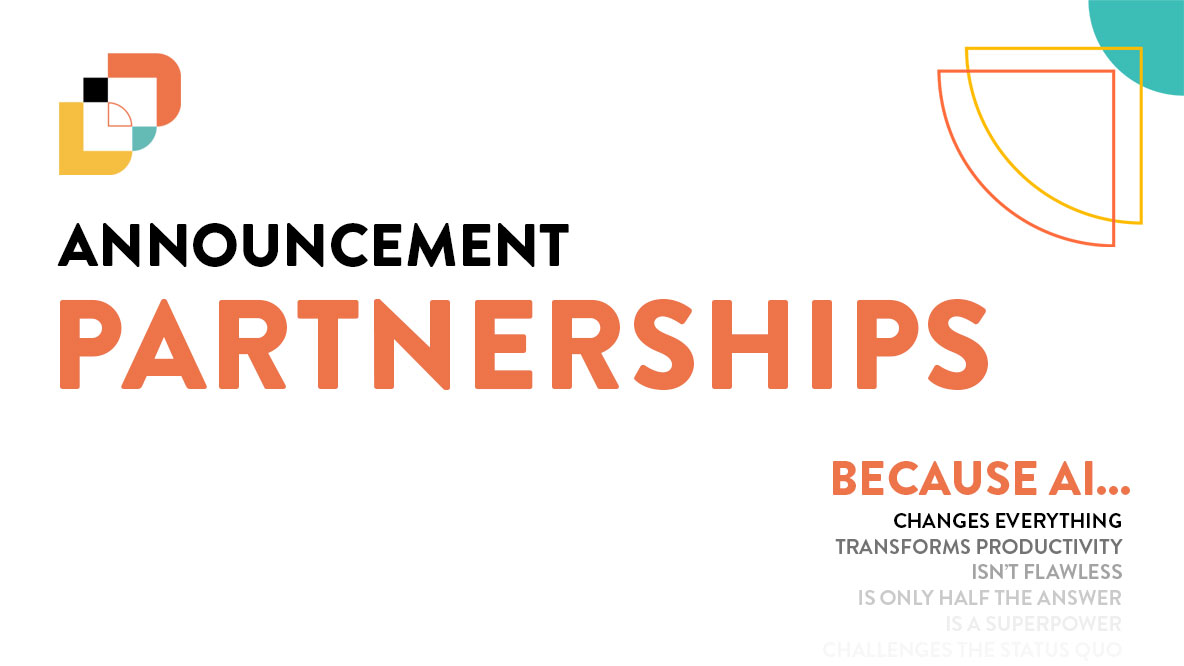Insight: Helpful Thoughts and Recommendations on AI and Ethics
Although artificial intelligence technology has been around for some time, current advancements in this space warrant more ethical approaches for developing and deploying AI systems to benefit a large portion of society. Artificial intelligence, generative AI in particular,has already shown immense potential to augment human capabilities. This potential, however, doesn’t seem to be evenly distributed. What’s worse, risks such as social and economic disparities are exacerbated by the uneven distribution of artificial intelligence, and are concentrated in specific regions based on demographic characteristics. It’s imperative to strive toward building a framework of transparency, fairness, and accountability around artificial intelligence on a global scale in order to mitigate this problem.
 Written by
Written by
The Learning Network









